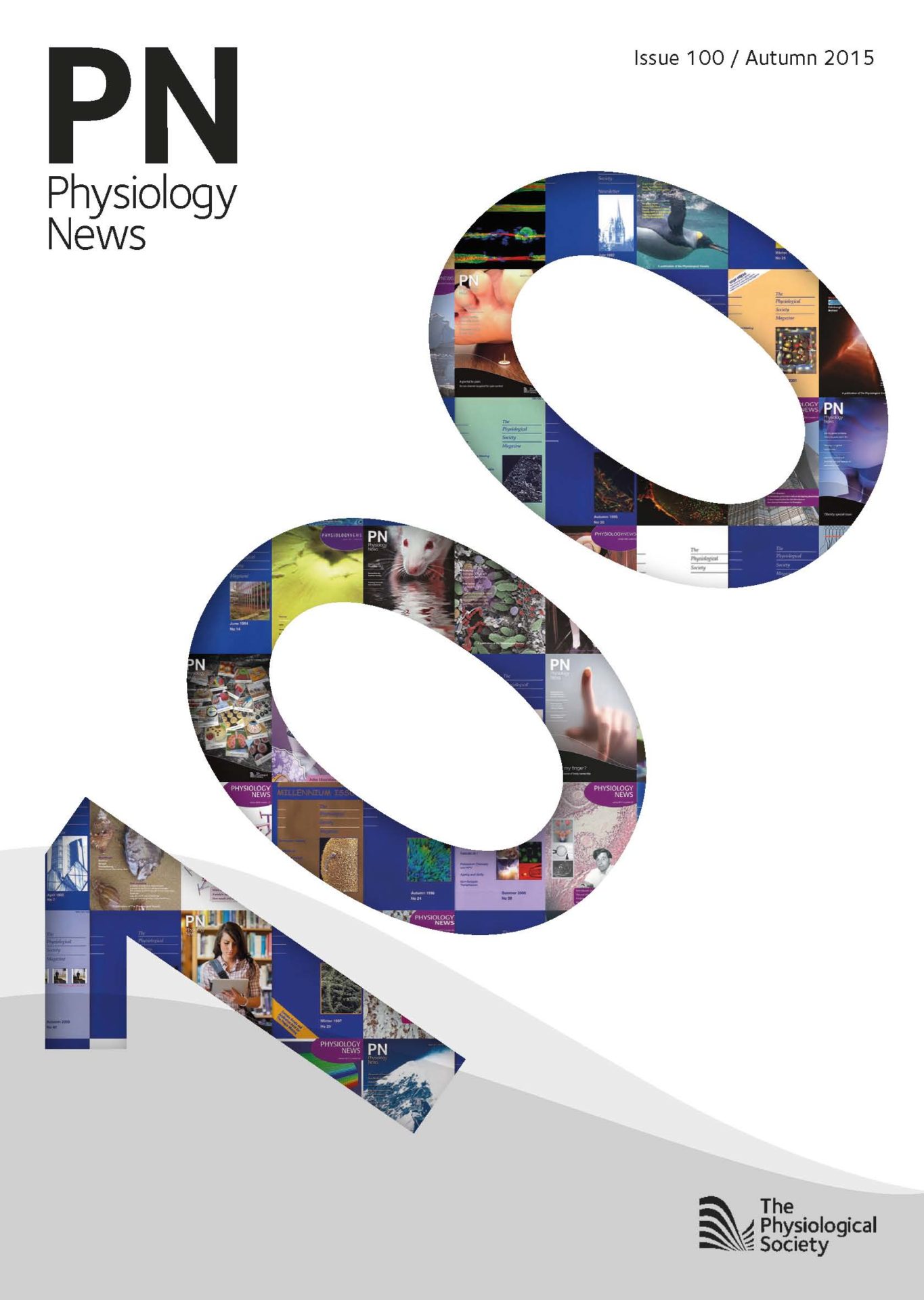
Physiology News Magazine
Policy Focus
News and Views
Policy Focus
News and Views
https://doi.org/10.36866/pn.100.10
Anyone for Brexit?
Universities UK (UUK) has formally launched a campaign against ‘Brexit’ (British exit from the EU). At its simplest, those in favour of Brexit argue that most of the EU benefits available to the UK would still be available without it. Those against, assert this is far too complacent a view – you have to be ‘in it to win it’.
The Universities for Europe campaign led by UUK aims to ensure that the university sector has a strong and positive voice in the referendum debate. UUK explains ‘The campaign will highlight how the UK’s membership of the European Union enhances university research and education which in turn benefits British people, the economy and our society’.
Speaking at the campaign launch, Labour MP Chuka Umuna and Conservative MP Damian Green pointed to a number of benefits the Higher Education sector derives from EU membership:
- The UK benefits from £1.2bn annually in European research funding
- The 24 Russell Group universities receive about £400 million a year in EU research funds – 11% of their income
- In 2014, British researchers won 20% of the European Research Council’s flagship advanced grants, more than any other nationality
Three examples were highlighted to illustrate the importance of the EU:
- Development of Graphene at Manchester University – the flexible material that is 200 times stronger than steel. The team received start-up funding for their work from the EU in 2007, three years before they were awarded the Nobel Prize. And the EU went on to invest a further £23 million in establishing the National Graphene Institute in Manchester from 2013. The global market for graphene is expected to be more than £250m by the middle of the next decade.
- FORECEE an international project, involving 14 European partners has been awarded €8 million (£5.7 million) funding through Horizon 2020, the European Union’s research and innovation programme. This is alongside €1 million raised by the Eve Appeal, a UK charity which fundraises for research into women’s cancers at UCL.
- Erasmus, led by the EU is one of the largest funding programs for study abroad in the world. Since its establishment in 1987, 3 million people have been supported. Britain has the 6th highest number of successful applicants across the 28 members, according to the European Commission in 2012/13; 14,500 British students studied elsewhere in Europe thanks to Erasmus – a 7% rise from the previous year. The new improved version of Erasmus agreed for the next 7 years will extend grants to high school students, volunteers and apprentices, with an estimated 162,000 British youngsters expected to benefit from it during this period.
Call for evidence
Universities UK is seeking up to five case studies from each University illustrating how membership of the EU has enabled their work to benefit the UK economy and society, for instance: research that saves lives or leads to new products; life changing experiences of UK students or academics who studied or worked abroad, jobs or companies created in local communities, and/ or alliances that enabled global influence or trade.
For more information about the campaign and to submit case studies, please visit:
http://www.universitiesforeurope.com/Pages/Home.aspx#.VbohGXnbKHt
Undergraduate Membership is now free of charge
Today’s life science undergraduates are The Society’s future leaders, so we are delighted to announce that Undergraduates can now sign up to The Society free of charge. Please assist us in spreading this message across your university and encouraging your students and colleagues to join the physiology family.
Interested in these or any other policy related issues? Please contact us via policy@physoc.org
